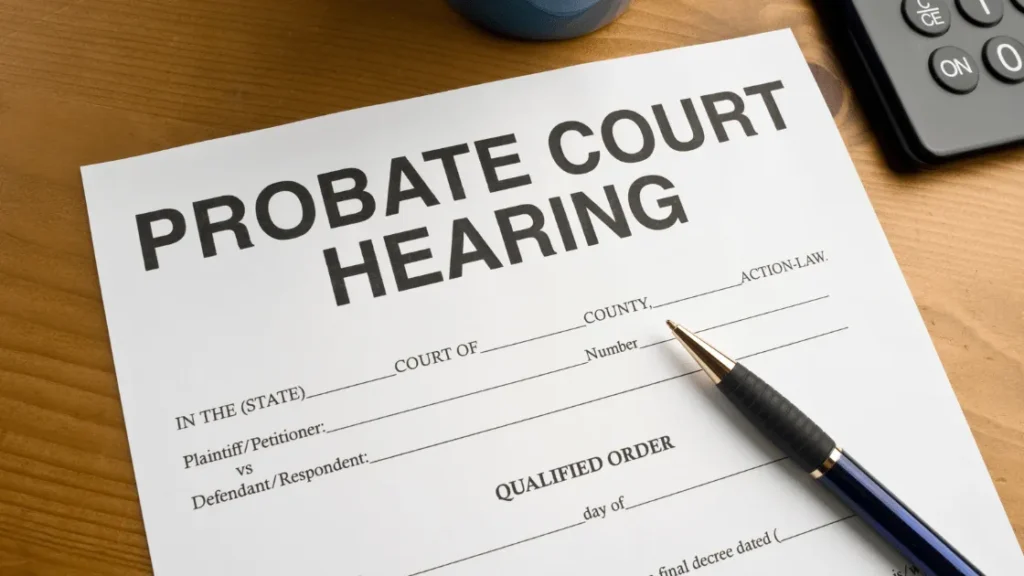What is Guardianship and Why is it Important?
Guardianship is a legal arrangement where a person is appointed to make decisions on behalf of another individual who is unable to do so due to incapacity. This process ensures that the interests and welfare of the incapacitated person are protected, particularly in situations involving minors or adults with disabilities.
Understanding the importance of guardianship is crucial, as it provides a framework for decision-making when individuals cannot advocate for themselves. For instance, a court may appoint a guardian to manage the financial affairs of an elderly person suffering from dementia, ensuring their assets are protected and their needs are met.
Steps to Establishing Guardianship
Establishing guardianship involves several key steps, including filing a petition with the court, notifying interested parties, and attending a hearing where evidence of the individual's incapacity is presented. This legal process is designed to ensure transparency and fairness in the appointment of a guardian.
For example, the petitioner must provide medical documentation and possibly witness testimony to demonstrate the need for guardianship. Once the court is satisfied with the evidence, it will issue an order appointing a guardian, which grants the guardian specific rights and responsibilities regarding the individual’s care and finances.
Types of Guardianship Arrangements
There are various types of guardianship arrangements, including full guardianship, limited guardianship, and temporary guardianship. Each type serves different needs and circumstances, allowing for flexibility in legal arrangements based on the individual’s situation.
For instance, full guardianship grants the guardian complete control over the ward's personal and financial affairs, while limited guardianship may restrict the guardian's authority to specific areas, such as medical decisions. Temporary guardianship can be appointed in urgent situations, providing immediate support until a more permanent arrangement is established.
Common Misconceptions About Guardianship
Many people hold misconceptions about guardianship, such as the belief that it permanently strips individuals of their rights. In reality, guardianship is intended to protect individuals who cannot care for themselves while preserving as much autonomy as possible.
For example, a guardian may be required to consult the ward on certain decisions or allow them to participate in activities that promote independence. Understanding these nuances can help alleviate fears and misconceptions surrounding the guardianship process, making it easier for families to navigate these legal waters.

